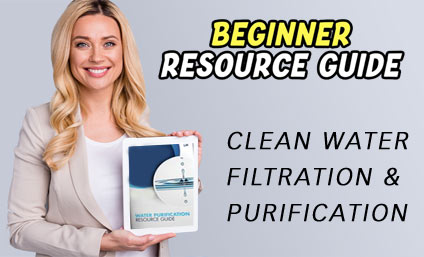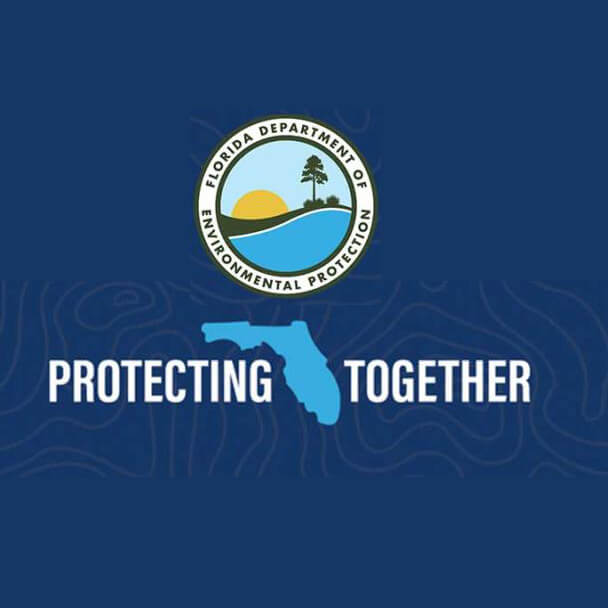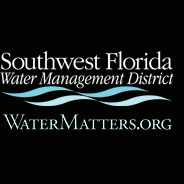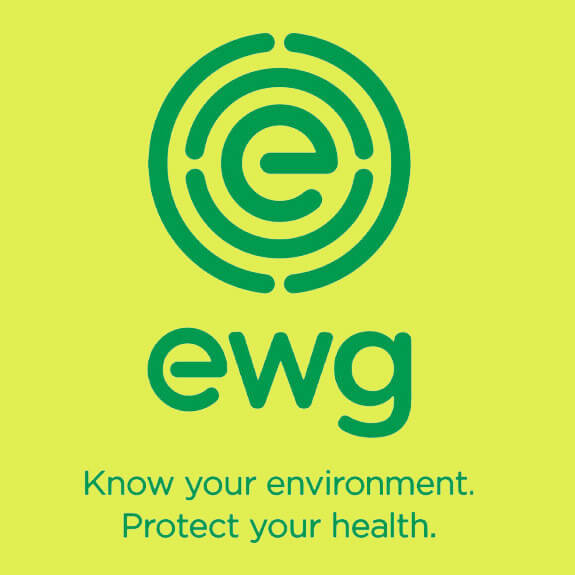Crisis Averted?: Strategies for Resolving City Water Contamination in Florida
Water contamination in Florida's cities poses a serious threat to public health and the environment. However, through strategic measures and crisis response initiatives, the state has successfully averted and resolved instances of water contamination. This article explores the factual information behind the crisis management strategies employed in Florida to address and mitigate city water contamination.
Early Detection and Monitoring
Early detection of water contamination is critical for swift intervention. Florida has established a robust monitoring system that employs state-of-the-art technology to regularly test water quality. Continuous monitoring allows authorities to detect changes in water parameters, identify potential contaminants, and respond promptly to prevent further spread. The Florida Department of Health and environmental agencies collaborate to ensure a coordinated and efficient monitoring network across the state.
Rapid Response Protocols
Upon detection of water contamination, Florida implements rapid response protocols to contain and address the issue promptly. Emergency response teams, consisting of environmental experts, health officials, and local authorities, are activated to assess the situation and implement immediate measures. These measures may include issuing public advisories, initiating water treatment processes, and implementing containment strategies to prevent the further spread of contaminants.
Collaboration Between Agencies
City water contamination often requires a collaborative effort between various agencies to effectively resolve the crisis. In Florida, agencies such as the Florida Department of Environmental Protection (FDEP), the Florida Department of Health, and local water management districts work together to share information, resources, and expertise. This collaborative approach ensures a unified response and facilitates the pooling of resources to address the contamination challenges effectively.
Public Communication and Awareness
Transparent and timely communication with the public is crucial during water contamination incidents. Florida prioritizes public awareness by promptly disseminating information about the nature of the contamination, potential health risks, and recommended precautions. This is achieved through public advisories, press releases, and updates via various communication channels. The goal is to keep residents informed and empower them to take necessary precautions, such as avoiding contaminated water sources or using alternative water supplies.
Temporary Water Supply Solutions
Ensuring residents have access to safe drinking water during a contamination crisis is a top priority. Florida has established mechanisms to provide temporary water supply solutions, such as the distribution of bottled water or setting up water distribution points in affected areas. Collaboration with non-governmental organizations and emergency response agencies helps streamline these efforts and ensures that impacted communities have access to clean and safe water while the contamination issue is being resolved.
Root Cause Analysis and Remediation
After containing an immediate contamination threat, Florida conducts thorough root cause analyses to identify the source of the issue. This involves comprehensive investigations into potential pollution sources, whether they be industrial discharges, agricultural runoff, or wastewater spills. Once identified, remediation measures are implemented to address the root causes and prevent future contamination incidents. Enforcement actions, such as fines and penalties for responsible parties, may be taken to ensure accountability.
Investment in Water Infrastructure
Preventing water contamination in the long term requires sustained investment in water infrastructure. Florida allocates funds to upgrade and maintain water treatment plants, sewage systems, and distribution networks. By ensuring the reliability and resilience of water infrastructure, the state reduces the risk of system failures and contamination events. Strategic planning and regular maintenance contribute to the overall stability of Florida's water supply systems.
Legislative Framework and Regulation
Florida's legislative framework provides the legal basis for regulations and standards aimed at preventing and managing water contamination. The FDEP and other regulatory agencies enforce laws governing water quality, pollution control, and environmental protection. Regular updates and amendments to these regulations ensure that they remain adaptive to emerging contaminants and changing environmental conditions. Stringent enforcement of these regulations acts as a deterrent and promotes responsible practices among industries and communities.
Continual Improvement and Adaptation
Water contamination challenges are dynamic, and Florida recognizes the importance of continual improvement and adaptation in crisis management strategies. The state invests in research and development to stay ahead of emerging contaminants and to explore innovative technologies for water treatment and monitoring. Lessons learned from past incidents are incorporated into updated response protocols, fostering a culture of continual improvement in Florida's approach to managing and resolving city water contamination.
Conclusion
In conclusion, Florida's strategies for resolving city water contamination demonstrate a proactive and multifaceted approach. Through early detection, rapid response, collaboration, public communication, and ongoing investments in infrastructure, the state has successfully averted and managed water contamination crises. The commitment to continual improvement and adaptation ensures that Florida remains resilient in the face of evolving challenges, safeguarding its water resources for the well-being of its residents and the environment.





